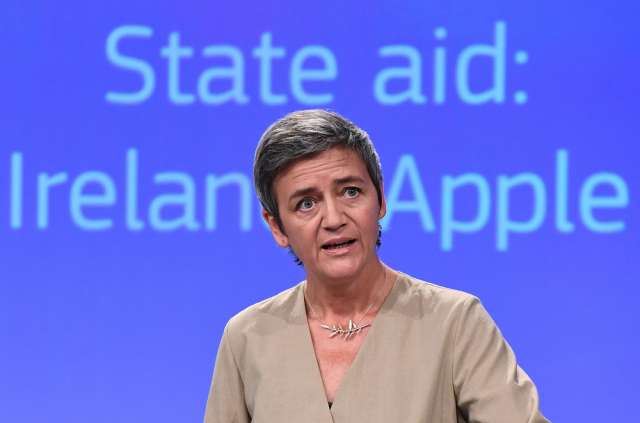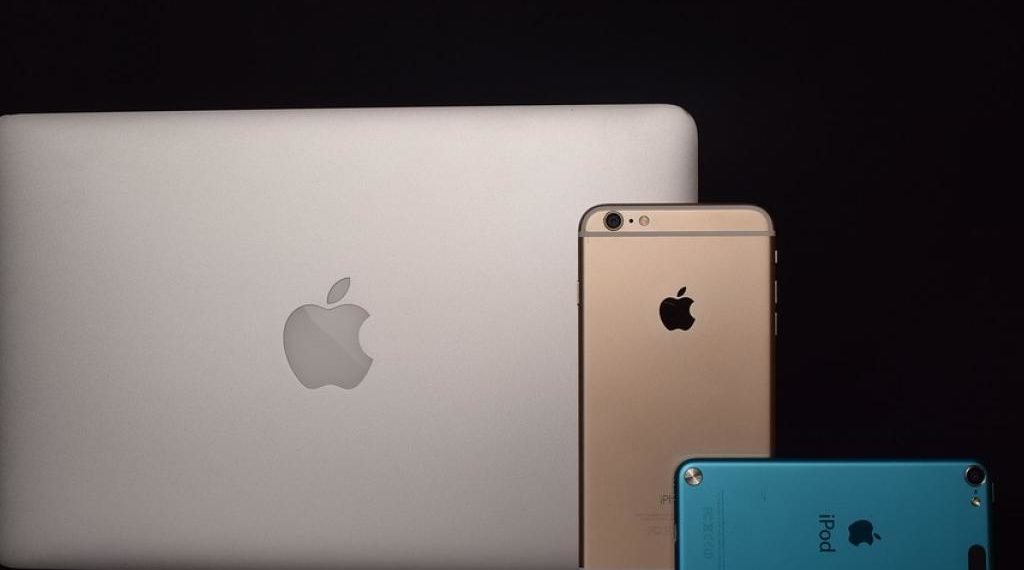European Commission smacked once again in court over tax allegations against companies making waves in the European market.
The Commission’s order for Apple to pay 13 billion euros ($15 billion) in Irish back taxes was thrown out of Europe’s second-highest court on Wednesday, July 15, 2020.
In its order four years ago, it indicated that Apple profited from illegal state aid through two Irish tax rulings that artificially reduced its tax burden for over two decades to as low as 0.005% in 2014.
The judges referred to the EU competition rules saying,
“the General Court annuls the contested decision because the Commission did not succeed in showing to the requisite legal standard that there was an advantage for the purposes of Article 107(1) TFEU1.”
They noted that the EU executive was mistaken to say Apple’s two Irish subsidiaries, that is, Apple Sales International (ASI) and Apple Operations Europe (AOE), were favoured based on a selective economic advantage and, by extension, state aid.
European Competition Commissioner Margrethe Vestager since assumption in office has made squelching tax defaulters the pivot of her administration.
Meanwhile, Apple wholly accepted the ruling, saying the case was not about how much tax it pays rather, where it is required to pay it.

Ireland Stands On Its Decision
Ireland – which had appealed against the Commission’s decision alongside Apple – said it had always been clear it had not given special treatment to the U.S. company.
This defeat for the European Commissioner could lessen the chances of winning or it may delay the pending cases against Ikea and Nike deals with the Netherlands, as well as Huhtamaki’s agreement with Luxembourg.
Last year, Margrethe’s order for Starbucks to pay up to 30 million euros in Dutch back taxes was annulled by the same court. In another case, the court also overruled her case against a Belgian tax scheme for 39 multinationals.
Margrethe Vestager in her response to the defeats in court noted that she would study the court’s judgment, reflect on possible next steps and come on stronger.
However, the Commission can petition on points of law to the EU Court of Justice, that is, Europe’s top court.
The Head of Law Faculty at the New College of Humanities in London, Dimitrios Kyriazis, indicated that the Commission could redeem itself though it has been ordered by the court to pay Apple’s and Ireland’s legal costs.
“Its defeat is very similar to its defeat in the Starbucks cases, that is it won on matters of legal principle and lost due to the allocation of evidentiary onus. It is more likely that the Commission will re-adopt a decision against Ireland and Apple and try to show exactly how the tax rulings granted AOE and ASI a selective advantage.”




















